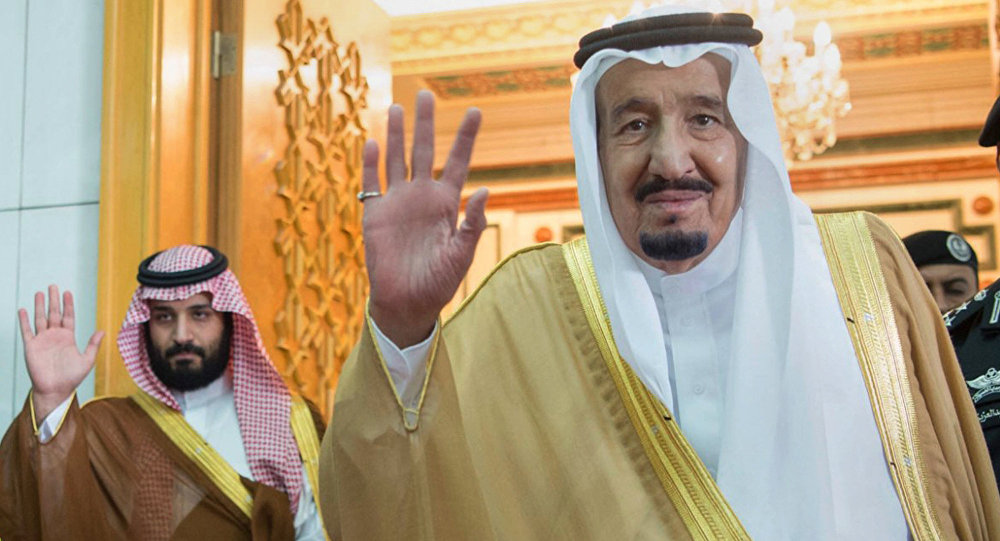
The Government of Saudi Arabia executed 122 people in the first half of 2019, well over doubling the number of executions carried out in the same period in 2018. This steep rise in executions comes 14 months since Crown Prince Mohammed bin Salman promised in April 2018 to reduce the death penalty to the minimum possible level, claiming that the necessary procedures required a little more than a year’s work, however, all indicators confirm the increasing death penalty during this period and in the absence of any indicators supporting his promise. The Crown Prince’s promise should have coincided with stopping the executions until the completion of the alleged proceedings, but instead of that, 221 have been executed from his promise in April 2018 to the first half of 2019.
The documentation of the European Saudi Organization for Human Rights has led to the following conclusions:
- The execution of six minors accounts for 5% of all executions, those being the executions of Abdul Karim Mohammed Al Hawaj, Salman Amin Al Quraish, Mujtaba Nader Al Suweikt, Abdullah Salman Al Sarih, Mohammed Saeed AlSkafi, and Abdul Aziz Hussain Sahwi.
- The Saudi Government executed 58 persons who were not Saudi nationals. Their nationalities were as follows: Pakistan (21), Yemen (15), Syria (5), Chad (3), Egypt (4), (Jordan 2), Niger (2), Unidentified (2), Somalis (1).
- Three of the executed individuals were women of other nationalities: Saudi, Nigerian and Yemeni.
- 51 of the executed persons faced drug charges that are not considered to be the most serious charges in international law.
- On 23 April, 37 citizens were executed according to the organization’s documentation. Most of the individuals who were collectively executed did not face serious charges, including participation in demonstrations and the spread of the Shia faith.
The number of executions during 2019 is the highest during the past five years; the Government executed 55 persons in the first half of 2018, 41 in the first half of 2017, 88 during the same period in 2016, and 103 for the first six months of 2015. In 2018, ESOHR documented new trends in the death penalty including an unprecedented expansion of its political use, a sign that Saudi Arabia is experiencing a particularly brutal period of repression.
The escalating figures in the first half of 2019 raise serious concerns about the extent to which the Saudi government will expand capital punishment this year, as the current rate indicates that it may execute an unprecedented 244 individuals by year’s end. Despite the lack of transparency in the Saudi government’s use of detainees and sentences, ESOHR has documented 23 cases current pending death sentences, including those of at least three children. In addition, many of them face charges of exercising legitimate rights such as expressing opinions and participating in demonstrations. Several of them have been denied fair trial conditions, and in many cases detainees facing the death sentence have been tortured and prevented from obtaining access to legal counsel.
ESOHR believes that the execution numbers in Saudi Arabia confirms that the current era under the chairmanship of King Salman and his Crown Prince Mohammed bin Salman is the bloodiest yet. A total of 714 individuals have been executed since King Salman came to power in January 2015. ESOHR stresses that this path increases fear for the lives of the other individuals sentenced to death, especially in relation to the peaceful expression of opinion and dissent against government action.
